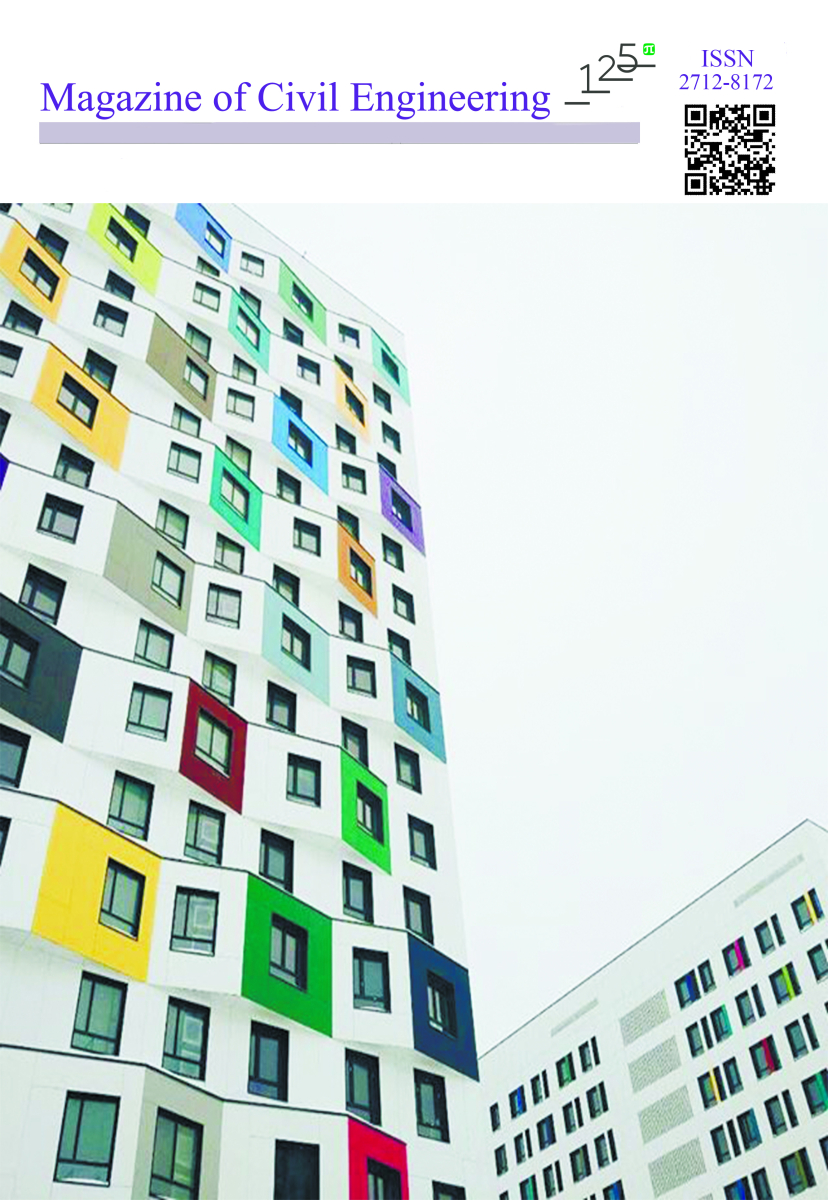Influence of polypropylene-fiber on the mechanical properties of self-compacting-concrete with recycled aggregates
In this study, the properties of self-compacting concrete (SCC) produced with different percentages of recycled aggregates (RAs) and polypropylene fibers is investigated in comparison with natural aggregates. The effect of using different percentages of 0 %, 25 %, 50 %, 75 % and 100 % RAs instead of natural aggregates (NAs) and polypropylene fibers of 0.1 %, 0.2 % and 0.3 % by volume of concrete in a fresh and hard state, consisting of a total 20 mixture composition, was investigated in SCC. SCC tests in the fresh state, including Slump Flow, J Ring, V Funnel, and L Box and hard concrete tests include compressive, tensile, and flexural and impact tests performed at the age of 28 days. Increasing the use of RAs does not significantly reduce the SCC tests in the fresh state while increasing the fibers causes a significant decrease in tests. In hardened concrete tests, with the increasing use of RAs of concrete, decreasing in compressive strength, tensile strength, flexural strength, and impact resistance were observed. While increasing the percentage of polypropylene fibers in recycled concrete, there was an increase in impact resistance and tensile strength and more energy absorption in the flexural test.


